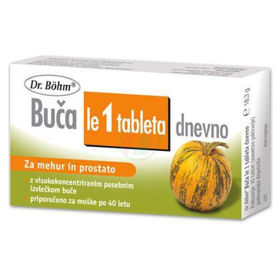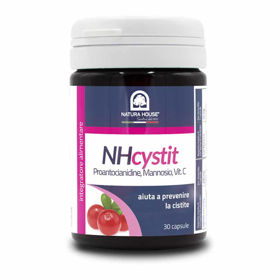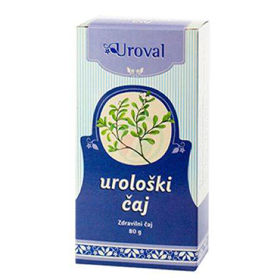Customer question:
Which medicines in the pharmacy are suitable for inflammation of the bladder? Anonymous customer's question
Pharmacist's answer:
Cystitis is often treated with antibiotics, but the exact choice of drug depends on local antibiotic resistance patterns, the specific bacteria causing the infection, and patient-specific factors.
Here are some commonly prescribed antibiotics:
- Trimethoprim/sulfamethoxazole: this combination antibiotic is often used as first-line treatment in many areas.
- Nitrofurantoin: is used primarily in uncomplicated inflammations.
- Ciprofloxacin and Levofloxacin are fluoroquinolones and can be used for complicated or pyelonephritis (kidney infections). Because of concerns about the side effect profile, they are not usually the first line of treatment for uncomplicated cystitis.
- Fosfomycin: the possibility of treatment with one dose of uncomplicated cases of inflammation.
- Amoxicillin/clavulanate: is sometimes used, but usually not the first choice because of concerns about resistance and a broader spectrum of activity than is usually required.
- Cefalexin: another option in the arsenal against inflammation of the bladder.
Always consult your doctor for a proper diagnosis before starting any medication. The choice of antibiotic should be based on urine culture and susceptibility testing, especially in recurrent infections, to ensure the most effective antibiotic is selected. Improper use of antibiotics can contribute to antibiotic resistance and may not effectively cure the infection.
Untreated urinary tract infections can lead to more severe complications like kidney infections. If, in addition to the typical symptoms, you notice symptoms such as fever, chills, flank pain, or nausea and vomiting, seek medical attention immediately.
Which over-the-counter medicines can help with symptoms of bladder inflammation?
If you suspect a bladder or urinary tract infection, seeing a doctor for proper diagnosis and treatment is crucial. While most over-the-counter medications won't cure bacterial cystitis, some can relieve symptoms.
It is important to remember that over-the-counter medications are symptomatic relief, not a cure for bacterial inflammation. Only antibiotics can treat bacterial bladder infections. If urinary tract infections are not treated properly, they can lead to more severe complications, such as kidney infections.
Phenazopyridine
It is a urinary analgesic or pain reliever. It can help relieve the burning sensation, pain, and discomfort associated with bladder inflammation. Phenazopyridine can turn your urine bright orange or red, a common side effect. Unless your doctor tells you to, you should not use it for more than two days. It is also not recommended for patients with kidney disease or those who are allergic to it.
Cranberry products (juices, capsules)
Some people relieve symptoms by drinking cranberry juice or taking cranberry supplements. Scientific evidence for the effectiveness of cranberry products is mixed and should not replace medical treatment. Also, be careful with cranberry juices containing a lot of sugar.
Pain relievers
Painkillers such as paracetamol or ibuprofen can help relieve pain and discomfort. Always follow the recommended dosage and be aware of possible interactions with other medications or conditions.
Interesting reading: Ear cleaning device pharmacy
Interesting reading: Parazol lekarna










 Facebook
Facebook
 Instagram
Instagram
 info@moja-lekarna.com
info@moja-lekarna.com

